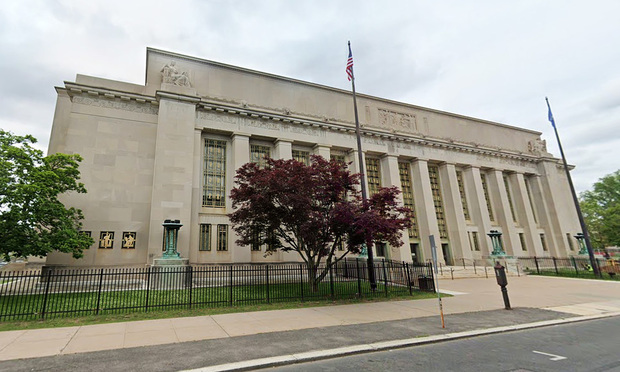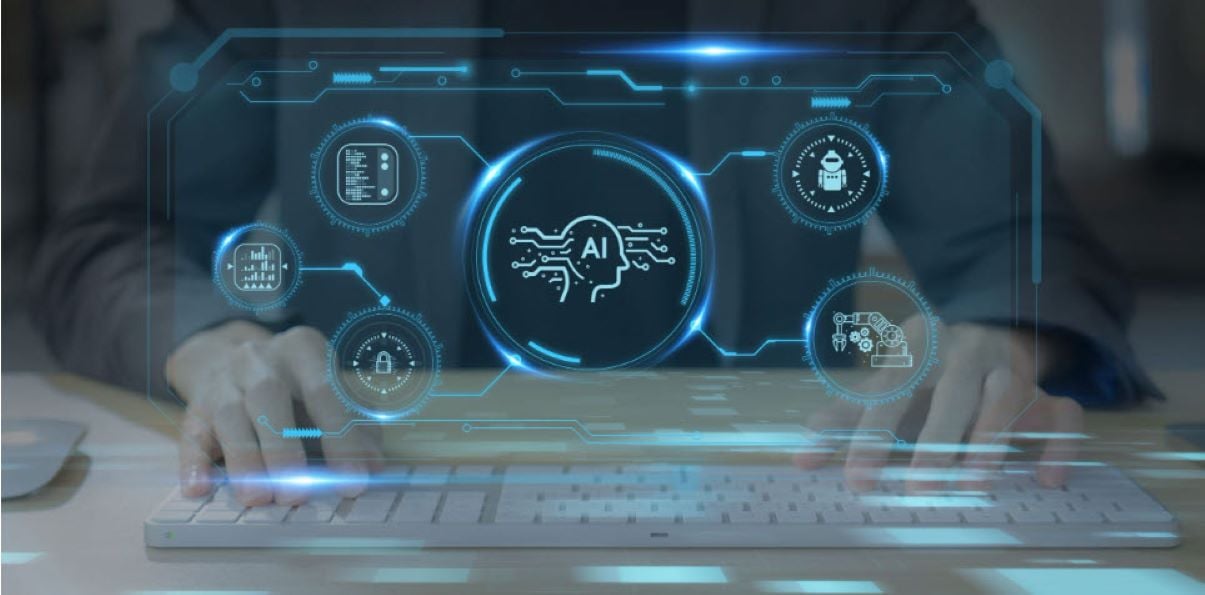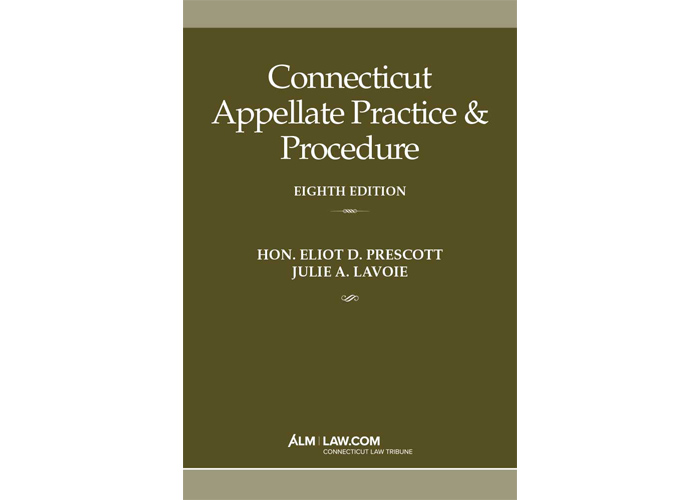Get the list of courthouses that will remain open and the judicial branch’s latest updates here.
The state bar association formed a COVID-19 Pandemic Task Force to help answer questions, and the state Supreme Court has canceled oral arguments from March 24 to April 2.
Here’s a roundup of court directives and rescheduling.
In a directive that Chief Court Administrator Patrick Carroll III issued along with input from Connecticut Supreme Court Chief Justice Richard Robinson, the judicial district announced several changes that took effect Thursday.
They include the following:
• One building in each of the 13 judicial districts will be designated as the location at which Priority 1 business functions will be handled. Those functions include criminal arraignments of defendants held in lieu of bond and all arraignments involving domestic violence cases; juvenile detention hearings; family and civil orders of relief from abuse; and termination of parental rights.
• Juvenile matters will now be heard only in the Hartford and Bridgeport juvenile courthouses.
In the directive, Carroll wrote that he and Robinson “concluded that it is necessary to implement the following unprecedented measures to protect the public, the bar, and our employees.”
Carroll, who said most court employees would not come to work, continued: “These are extraordinary times and require extraordinary measures. Our overarching challenge throughout the crisis has been to balance the constitutional obligation of the courts to remain open with protecting the health and safety of every individual who enters a state courthouse. Ultimately, we have determined that the plan announced today is the best option to achieve this balance.”
In addition, Connecticut superior courts had already announced delays of all future jury selections and trials through at least April 13. Juries sitting before the March 13 directive would continue in those trials.
Hartford Superior Court Administrative Judge David Sheridan issued his own directive March 11.
That directive states that beginning March 13 and until further notice, all pretrial conferences, status conferences and trial management conferences would be conducted over the phone. He also said requests for continuance for up to three months—that are based on legitimate concerns over exposure to the virus—would be “automatically” granted.
There were also changes to the Connecticut Appellate Court, Connecticut Supreme Court and the state’s three federal courts.
Connecticut Appellate Court
The Connecticut Appellate Court in Hartford announced last week that oral arguments would not go forward in any of the cases scheduled to be heard from March 17 to March 19, which was the end of the sixth term. As of press time, cases had not been scheduled for the court’s seventh term, which starts April 6.
Connecticut Federal Courts
Like the state courts, the state’s three federal courts in Bridgeport, Hartford and New Haven will also stop all new jury selections and jury trials until at least April 13. Trials already underway are set to continue.
In addition, unlike in the Superior Court system, U.S. District Chief Judge Stefan Underhill of the District of Connecticut issued a March 11 order barring entry of individuals who visited China, South Korea, Japan, Italy, Iran, New York’s New Rochelle community, and any other location that has been under coronavirus-related quarantine in the past 14 days.
Connecticut Supreme Court
On March 18, Robinson announced oral arguments for the court’s seventh session, which runs from March 24 through April 2, would be postponed. Robinson said no decision had been made on whether the court’s last session of the season, which begins April 27, would also be postponed.
The state’s high court begins its 2020-2021 season in September.
Robinson, in a statement to the Connecticut Law Tribune, wrote that the postponement of the seventh session was necessary to “promote public and personal health during the COVID-19 crisis.”
Robinson also said “future assignable cases determined to be priority cases, where delay will work an injustice, will be heard either by videoconference, considered without oral argument if waived by counsel, or will be heard in a courtroom is necessary. The Supreme Court will continue to conference on a regular schedule by teleconference.”
NOT FOR REPRINT
© 2024 ALM Global, LLC, All Rights Reserved. Request academic re-use from www.copyright.com. All other uses, submit a request to [email protected]. For more information visit Asset & Logo Licensing.


 cConnecticut courts and lawyers are responding to the global coronavirus spread in ways they hope will stem the spread of COVID-19—but which will also bring changes to attorneys’ routines.
cConnecticut courts and lawyers are responding to the global coronavirus spread in ways they hope will stem the spread of COVID-19—but which will also bring changes to attorneys’ routines.






